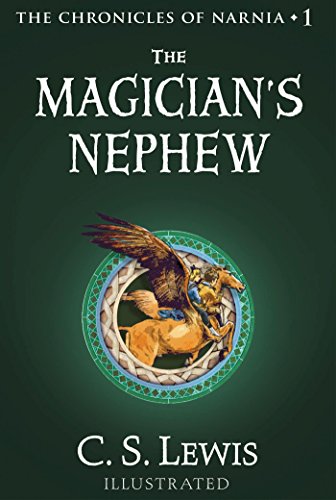And while you’re looking for your next great read, please don’t overlook our new History Book of the Month:
IRAQ WAR 2003: What Really Happened Behind The Political Scenes (The Coyote Report)
by Charles Edmund Coyote
Newly Released BESTSELLER
With more than 600 citations, ranging from insider memoirs to the accounts of journalists, former government officials, policy wonks, military leaders, and news broadcasters, the ‘Iraq War 2003: What Really Happened Behind The Political Scenes’ develops a thorough analysis of what led the Bush administration use the ‘War on Terror’ to attack Iraq.
- Both the Afghan and Iraq wars continue even now to haunt the economical undercurrents of American life like a hungry ghost contributing to our country’s recession. What are the real costs of both wars and why were we led to believe otherwise? “If we fail to learn from history we are doomed to repeat it”
- Sun Tzu, the ancient philosopher of war, stressed the importance of “Knowing Your Enemy”. This being critical to victory in the War on Terror, the book examines why al-Qaeda attacked the US on 9/11.
- Could those attacks have been prevented? What warnings from CIA and America’s friends around the world preceded the terrorist attacks of 9/11 but ignored by the Bush administration, which then used them to support its agenda of taking out Osama bin Laden’s natural enemy, Saddam Hussein, much to the chagrin of most of America’s traditional allies around the world and to the benefit of both al-Qaeda and the government of Iran?
- Why were Mullah Omar,Osama bin Laden and Ayman al-Zawahiri allowed to escape? Most know Mark Owen’s “No Easy Day” and how Osama bin Laden was killed in Pakistan in 2011, but only a few are familiar with the details of how the military bureaucracy under the Bush administration interfered with CIA doing its job.
- Why was al-Qaeda happy that the Bush Administration planned to invade Iraq? What was Osama bin Laden’s strategic long-term plan for harming the USA and what role did George W. Bush play in helping it succeed? How did the Iraq war of 2003 unwound principally to the benefit of al-Qaeda and the Shia fundamentalists of Iran?
- How did the War in Afghanistan, so successful in its opening weeks, become ‘The Long War’? What are the most effective methods for fighting terrorism?
- How did Saddam Hussein acquire his WMDs and how long, in the face of serious consequences for doing so, did he hold on to them?
- America was prosperous working toward paying off its debts during the 1990′s. What exactly would take now to undo the initial mistakes on the “War on Terror”?
- Based on the theory of conservatism, were the neo-conservatives of the Bush administration real conservatives? This analysis alone is a must-read for those Republicans at-heart concerned over how their once party has strayed from its main-street principles with which it once resonated.
Its first few chapters focus on the opening months of the Afghanistan War and Osama bin Laden’s escape in Tora Bora, then segue into the invasion of Iraq, telling how the Iraq War of 2003 unwound largely to the benefit of al-Qaeda and the fundamentalist government of Iran. The compelling narrative of ‘Iraq War 2003: What Really Happened Behind The Political Scenes’ is written almost in the manner of a novel that unpacks in an engaging and logical sequence detailed and documented information about a difficult time in modern American history.
The book ties together a considerable amount of information and provides a hopeful analysis by reminding us of where we have been. Patriotic concern – like the imprisoned lightning to which it subtly alludes – threads its way through the pages of this book, reminding its readers of the people, ideas, and inspirations that called for America to be its best.
From The Author
After 4 years of research, I wanted to get this edition out, as it outlines a great deal of information the American people ought to be aware of if we are to have much chance of preventing similar disasters in the future. I intend to continue its development, however, along the lines of perspectives drawn from the philosophers of War (from Sun Tzu and Clausewitz, to America’s own Colonel John Boyd) in order to provide sharper relief to the critical lessons that need to be drawn from the Bush administration’s unfortunate choices.
I love this country, our constitution, and the rule of law under which we were founded. But I also understand that no nation can remain great without a great middle class and I fear these things are being rapidly eroded away with good jobs being sent overseas, misguided militarism, and a governing class more focused on self-advancement than their responsibilities to the citizens.
That we can be a great and good people was demonstrated by our response as a nation in the first days and months following September 11, but we are allowing ourselves to be mislead by a culture of greed and conformity and a poverty of understanding that wastes away our common ability to observe and make effective decisions.
People are choosing to see the world as they want it to be instead of as it is and so, as others have noted, our leaders become more extreme and ineffective while much of the country flounders.
This is not what America is about.
We are a young culture and in our short history, at times of crises, we have generally chosen the better path. Will we do that this time or persist in a self-destruction that comes under the guise of strength?
Charles Edmund Coyote
(This is a sponsored post.)














